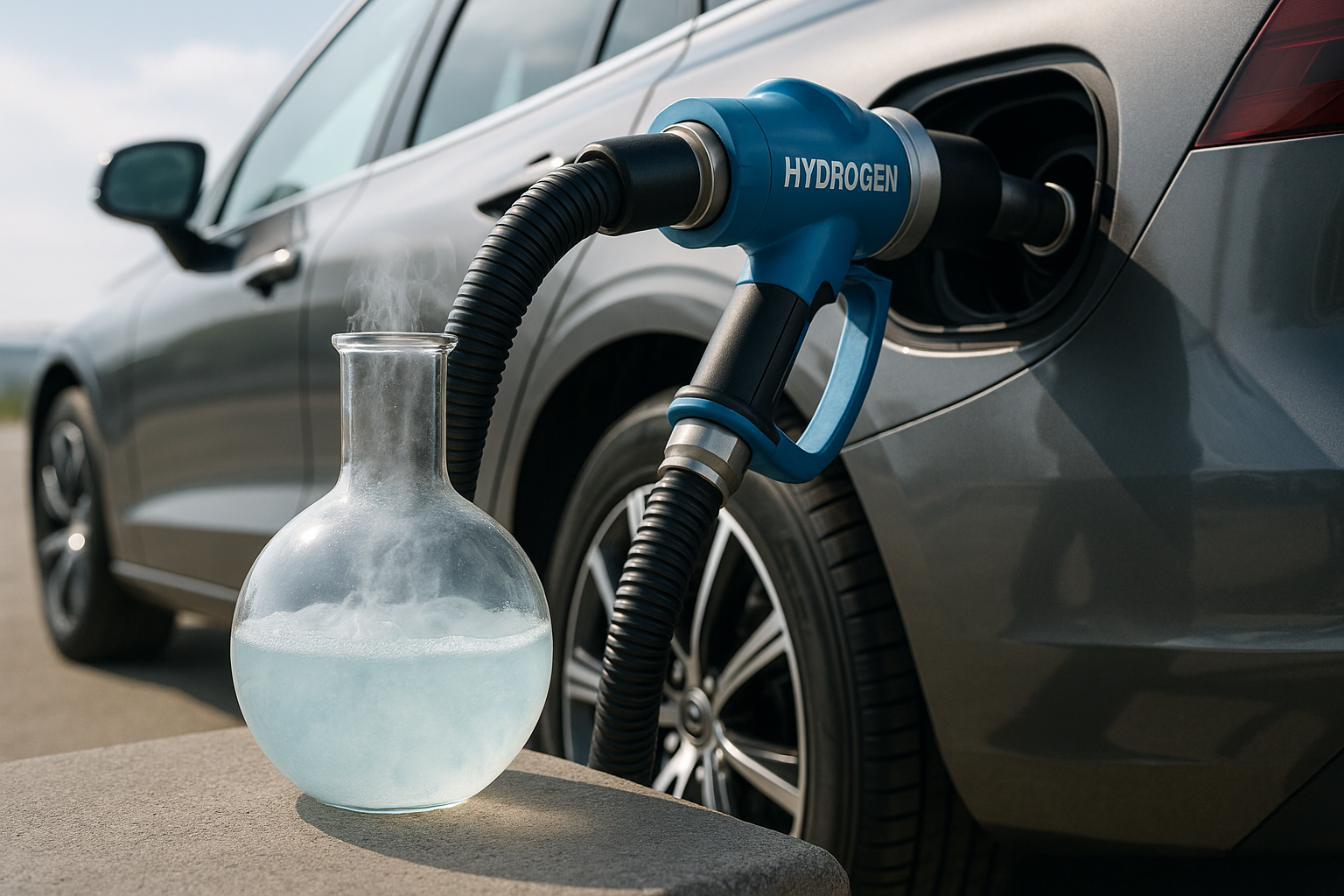Liquid Hydrogen: The Fuel of the Future for Automobiles?
The quest to find sustainable, efficient, and clean energy sources for automobiles has been ongoing. One contender that's gaining attention is liquid hydrogen, a potentially game-changing fuel source. But what makes it so promising, and what challenges does its adoption present? Let's delve into the fascinating world of liquid hydrogen and its potential impact on the automotive industry.

Hydrogen: A Historical Background
Hydrogen has been considered as an energy source since the 19th century, with Jules Verne envisioning water as the “coal of the future” in his novel, “The Mysterious Island”. Yet, it wasn’t until the late 20th century that the idea of using hydrogen as fuel in automobiles became a reality. In the 1970s, General Motors developed the Electrovan, the first vehicle powered by a hydrogen fuel cell. But due to the limitations of the technology at the time, it was never commercialized.
Current Technological Developments
Over the past few decades, hydrogen fuel cell technology has evolved significantly. Unlike conventional combustion engines, these cells combine hydrogen and oxygen to produce electricity, powering the vehicle. However, storing hydrogen in its gaseous form is inefficient and requires high-pressure tanks, making it impractical for automobiles. This is where liquid hydrogen comes in. When cooled to extremely low temperatures, hydrogen becomes a liquid, drastically reducing the space needed for storage.
Impact and Benefits of Liquid Hydrogen
Liquid hydrogen presents a promising solution for the transportation sector. The main advantage is its high energy density, three times that of gasoline, meaning it can provide more power per unit of weight. This translates to longer driving ranges, overcoming a major hurdle for alternative fuels. Hydrogen vehicles also emit only water vapor, making them extremely environmentally friendly.
Challenges and Obstacles
Despite its potential, the adoption of liquid hydrogen isn’t without challenges. The process of liquefying hydrogen is energy-intensive and requires complex infrastructure for storage and distribution. Safety concerns also arise due to hydrogen’s flammability. Furthermore, creating a hydrogen refueling network would require significant investments.
The Future of Liquid Hydrogen
While these challenges are substantial, they’re not insurmountable. Many automakers, including Toyota, are investing heavily in hydrogen fuel cell technology, anticipating its potential role in the future. Innovations in storage, distribution, and efficiency are also being explored to make liquid hydrogen a viable fuel source.
Conclusion
Liquid hydrogen has the potential to revolutionize the automotive industry, offering a clean, efficient, and sustainable alternative to fossil fuels. While significant challenges remain, ongoing advancements suggest a promising and exciting future for hydrogen-powered automobiles. The road to a hydrogen-driven future may be long, but the journey promises to be one worth following.




